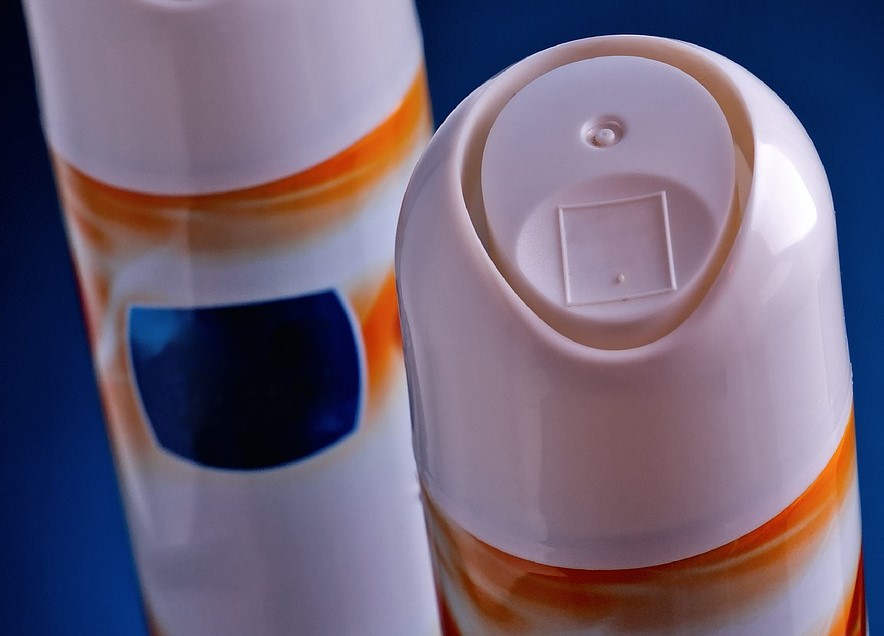
Aerosol sprays – those handy pressurized containers that release a fine mist of product – have become a ubiquitous part of modern life. From deodorants to household cleaners, they offer convenience and precision. Yet, when it comes to shipping aerosol sprays, there’s more to consider than just tossing them in a box and sending them on their way. In this comprehensive guide, we’ll delve into the world of aerosols, discussing their history, common uses, shipping challenges, regulations, proper packing techniques, and reputable couriers to ensure your aerosol shipments reach their destination safely and legally.
Understanding Aerosols: A Brief Overview
Aerosols are colloidal suspensions of tiny solid or liquid particles in a gas, typically air. In everyday terms, they’re substances dispensed from pressurized containers in a fine mist or spray. This method of delivery offers numerous advantages, including controlled application and reduced waste.
Aerosol Sprays: A Diverse Range of Uses
Aerosol sprays find applications in a wide range of products, making them an essential part of our daily lives:
- Personal Care: Deodorants, hair sprays, and perfumes are often packaged as aerosol sprays for easy and even application.
- Household Products: From furniture polish to air fresheners, aerosol sprays simplify tasks around the home.
- Automotive: Products like car wax, tire inflators, and engine degreasers are commonly found in aerosol form.
- Cleaning: Many household cleaners, including glass and surface cleaners, are available as aerosol sprays.
- Healthcare: Inhalers for respiratory conditions use aerosol technology to deliver medication directly to the lungs.
Challenges in Shipping Aerosol Sprays
Shipping aerosol sprays comes with its unique set of challenges and considerations:
1. Pressurization and Leakage: Aerosol containers are highly pressurized to expel their contents. Mishandling during shipping can lead to leaks, rendering products unusable and creating safety hazards.
2. Flammability: Many aerosol products are flammable or contain flammable propellants, making them subject to strict shipping regulations.
3. Compatibility: Aerosol products must be packaged with materials compatible with their contents to prevent reactions that could compromise safety.
4. Regulatory Compliance: Navigating the complex web of regulations, particularly for international shipments, can be daunting. Failure to comply can result in delays, fines, or even confiscation of shipments.
Shipping Regulations for Aerosol Sprays
Ensuring compliance with shipping regulations is paramount when sending aerosol sprays. Some key considerations include:
1. Hazardous Materials Regulations: Aerosols are often classified as hazardous materials due to their flammable nature. Compliance with regulations like those outlined by the U.S. Department of Transportation (DOT) is essential.
2. International Shipping: If you’re shipping aerosols internationally, you must adhere to the regulations of the destination country, which may have additional restrictions.
3. Labeling and Documentation: Proper labeling, documentation, and safety data sheets are critical for compliance. Ensure that containers are appropriately marked to indicate their contents and potential hazards.
Best Practices for Shipping Aerosol Sprays
Now that we’ve covered the challenges and regulations, let’s explore the best practices for shipping aerosol sprays:
1. Choose the Right Packaging:
- Use packaging specifically designed for aerosol products. This typically includes sturdy boxes with partitions or individual compartments to prevent movement.
2. Prevent Leakage:
- Secure aerosol containers in an upright position to minimize the risk of leakage during transit.
3. Insulate and Cushion:
- Place aerosols within cushioning materials to prevent damage from impact. This extra layer of protection can be especially important for fragile components like spray nozzles.
4. Proper Labeling:
- Clearly label packages to indicate that they contain aerosol sprays and may be subject to shipping restrictions or regulations.
5. Shipping Couriers for Aerosol Sprays
Selecting the right courier is crucial for ensuring the safe and compliant shipping of aerosol sprays. Here are some reputable options:
UPS: UPS offers expertise in shipping hazardous materials and can handle aerosols with care.
FedEx: FedEx provides hazardous materials shipping services and can help you navigate complex regulations.
DHL: DHL’s global network is equipped to handle international shipments of aerosol products.
Shipping aerosol sprays involves more than just packing and sending. It requires a thorough understanding of the products, their potential hazards, and the regulations governing their transport. By following best practices and choosing a reliable courier experienced in handling aerosols, you can ensure that these everyday essentials reach their destination safely, securely, and in compliance with the law. Whether you’re shipping personal care products or household cleaners, the safety of your
